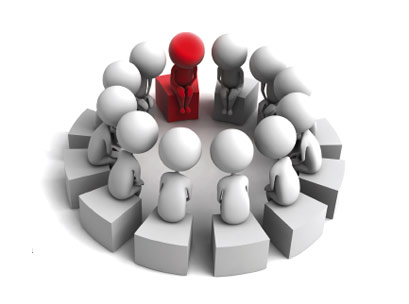Be sure to always know how your product differs from a competitor and how this difference is better for your customer. Allow me to give a brief example of an area in footwear I am somewhat familiar with. Gore Tex for most is a waterproof shield that protects the foot from getting wet. Most people don’t know how it works or whether it can withstand hours of saturation or just a brief sprinkle of rain. Walking into a store that sells Gore Tex footwear, one would expect or at the very least hope
the explanation of what it is and its function would flow with detail and ease.
Suffice to say on this occasion, it didn’t. (For those reading who are not familiar; Gore Tex is a thin membrane between the leather upper and the lining of the shoe which acts as a one way valve system; allowing heat and perspiration to exit the shoe while stopping outside whether, in particular water, from entering the shoe, indefinitely).
It is used throughout a range of professional hiking and clothing product but the technology is also available through areas of running, walking and casual footwear and merchandise. Gore Tex is one of many examples of when specific product knowledge can be used as a tool to bring the customer to the tipping-point of understanding why it’s important to purchase.
The knowledge brings into focus product understanding and simultaneously awards you authority status in your particular segment of the market.
You are now the expert the customer tells her friends about. If, on the other hand, the customer enters a store knowing more about a product than the assistant, it will more than likely cost you store credibility, a sale and a returning customer. With today’s fickle consumer, we commit service suicide when we don’t know every aspect of our product or service and the advantages which they hold.
On the macro end of retail conversion rates, there are certainly occasions when we lose sales due to factors out of our control.
These issues mostly dance around two primary areas; the ease and countless options of purchasing online, and the current level of consumer sentiment. Both have an impact on store sales and both flow in and out with the tide of our national and international economic climate.
To a great degree, a crucial angle to converting local retail sales must lie in our ability and capability to confront and further enhance staff knowledge and inspiration on the sales floor.
This is not about bombarding staff with information, it’s about inspiring, motivating and exposing advantages to the benefit of the customer while achieving the best result possible.
Once we appreciate the power of influence held by each of us to sway the customer with our impressive knowledge and passion for product, it’s strange how ‘lucky’ our world becomes.
Happy ‘knowledge’ trading
* Barry Nicolaou is principal of Barlan Consulting. He can be contacted here or www.barlanconsulting.com.au

